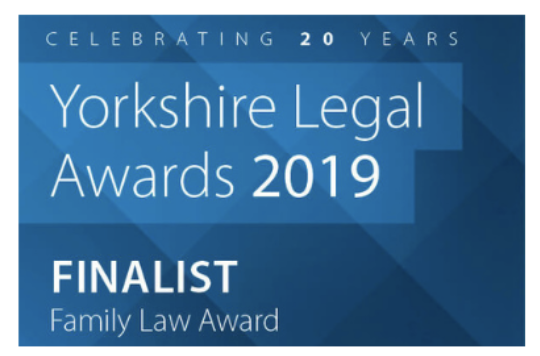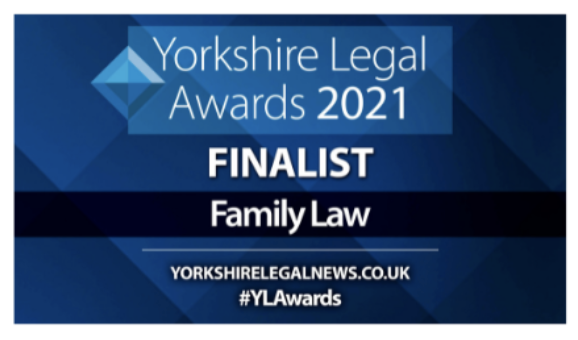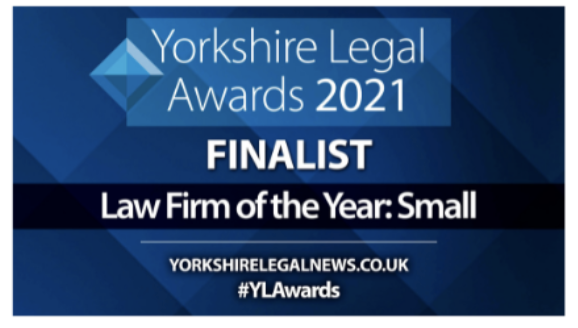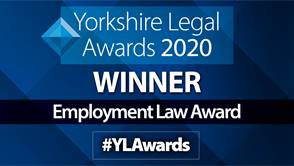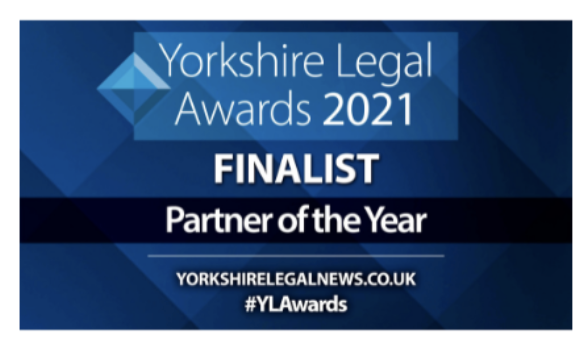FAQ Family Law and Divorce
Offices in Leeds, Harrogate & London
Breaking/Splitting up with partner/husband/wife,
how do we decide who has the kids/children/child and when?
There are several ways in which you can come to an agreement as to the care of your children with your ex-partner. If appropriate, it is generally advisable to try to reach an agreement directly with your ex-partner as ultimately you are the children’s parents and you know what would be best for them. This can by done either by way of direct discussions or by engaging in the family mediation process. The mediator would facilitate constructive conversations between you both in order to help you reach an agreement.
The arrangement for the care of the children should ultimately be determined by what is best for the children but also what is practical and achievable taking into account factors such as, but not limited to, the your respective working commitments, proximity of your respective homes to the children’s school and the children’s extracurricular activities.
If you cannot reach an agreement or your ex-partner simply will not allow you to have contact with the children, you can appoint a solicitor to make a formal application to the Court for a Child Arrangements Order to determine the time that you should be spending with the children.
Contact Our family Law Team
ex stopping me seeing the kids/children. What can I do?
If your ex-partner is stopping you from seeing the children and you cannot reach an agreement for contact to resume either between yourselves or by engaging in family mediation, you can appoint a solicitor to can make a formal application to the Court for a Child Arrangements Order to determine the time that you should be spending with the children.
How do I stop my ex from seeing my kids/children?
If you consider that it would not be safe for the children to spend time in your ex-partner’s care and you have genuine concerns about their safety and welfare, this can be a justifiable reason for contact to be ceased. It is advisable however to first of all seek independent legal advice before stopping contact.
If your ex-partner wanted to resume contact with the children, they would need to make an application to the Court for a Child Arrangements Order to determine the time that they should be spending with the children. If a Court application is made, Cafcass would conduct their own safeguarding checks and produce a letter of recommendations for the Court to consider when determining whether your ex-partner should be having contact with the children.
If you are concerned that there is a real risk that your ex-partner may attempt to remove the children from you, for example, whilst they are in your care, in somebody’s else’s care or at school, you may wish to consider applying for a Prohibited Steps Order to prevent your ex-partner from being able to do so.
Splitting up with my partner/wife/husband, who gets the kids/children
There is a presumption of shared parenting and that a child should have a meaningful relationship with both of their parents as long as it is safe to do so and there are no safeguarding concerns. The arrangement for the care of the children should ultimately be dictated by what is best for the children but also what is practical and achievable taking into account factors such as, but not limited to, the parents’ working commitments, proximity of the parents’ respective homes to the children’s school and the children’s extracurricular activities.
The specific times that the child should be with each of you depends on your specific family circumstances and it is advisable to seek legal advice if you and your ex-partner cannot agree on what is best for the children.
Splitting up with my partner/wife/husband, how do i get access to my kids/children?
If you and your ex-partner can come to an informal agreement in relation to contact with the children and you are happy that you will both implement it successfully then there is technically no need to formalise your agreement. There are several ways in which you can come to an agreement as to the care of your children with your ex-partner. If appropriate, it is generally advisable to try to reach an agreement with your ex-partner as ultimately you are the children’s parents and you know what would be best for them. This can by done either by way of direct discussions or by engaging in the family mediation process if you feel that you would benefit from having an independent third person to facilitate constructive conversations between you both in order to help you reach an agreement. If you cannot reach an agreement or your ex-partner simply will not allow you to have contact with the children, you can appoint a solicitor to make a formal application to the Court for a Child Arrangements Order to determine the time that you should be spending with the children.
breaking up with my partner, not married, who gets the house?
Unmarried couples do not have the same rights by way of family law as married couples do when it comes to the division of property upon separation. If you cannot reach an agreement as to how the property should be dealt with, your respective interests in the property will be determined in accordance with the law of trusts. The main factors which will be taken into consideration when determining whether you have an interest in the property are how the property is owned i.e. whether it is jointly owned either as joint tenants or tenants in common or whether it is one person’s sole name, what your respective contributions have been towards the property and what your intentions were as to how the property would be owned.
Breaking Up With My Partner, what happens to the mortgage?
If the mortgage is in your joint names, you and your partner both remain responsible for the repayments until an agreement has been reached as to how the property will be dealt with upon your separation e.g. is the property going to be sold or is it going to be transferred into one person’s sole name. In the interim, if one person moves out of the property, it may be possible to reach an agreement for the person remaining in the property to assume responsibility for the repayments however if the payments are defaulted upon, the other person will still remain jointly liable even if they are not living in the property at the time. It is important to seek legal advice if you are in dispute over who pays the mortgage.
What legal rights do dads have to see their children?
Provided that the father of the child has parental responsibility (this is typically acquired if the father is named on the birth certificate or if the parties were married at the time the child was born), both the mother and the father have equal rights and responsibilities in respect of the children including in relation to contact and making important decisions about their care.
The above answers are by way of general information only and should not be construed as specific legal advice relating to your situation. It is advisable to seek independent legal advice if you are unsure as how best to resolve your legal dispute. You can arrange a free initial 30 minute consultation with one of our specialist family solicitors by contacting us on 0113 322 9222 or enquires@consilialegal.co.uk.
Free Initial Discussion
At Consilia Legal our Family Law team are highly experienced in dealing with all divorce matters. If you would like to have a confidential free initial discussion surrounding this separation or divorce please contact our family law team on 0113 322 9222 or enquiries@consilialegal.co.uk

Read Our 5 Star Reviews

Exceptional
★★★★★
Laura was exceptional. Having consulted with other firms on the matter, Laura was the only one that truly understood the different elements of the case and knew exactly how to handle it. She was able to daft in the correct barrister for the job and took a great weight off my shoulders. I really cant thank Laura and the team enough.
Incredible
★★★★★
Laura and the team have been an incredible help in my divorce. Through a very difficult time they have always been on hand to offer exceptional advice and assistance. I have always felt reassured by their professionalism and care. Thank You
Human Approach
★★★★★
Thanks Laura and team at Consilia Legal. Great service and such a pragmatic and human approach to the legal system. Fitted really well with my personal values. Truly aimed at being conciliatory rather than adversarial




